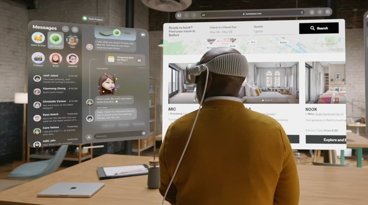FDA confirms 'very light touch' regulation for Apple Watch, other wearables
Wearable devices that collect and collate personal health data, such as the forthcoming Apple Watch, are unlikely to fall under the thumb of the U.S. Food and Drug Administration as long as manufacturers stay away from medical diagnosis, an agency representative said this week.
"We are taking a very light touch, an almost hands-off approach," FDA associate director for digital health Bakul Patel told Bloomberg. "If you have technology that's going to motivate a person to stay healthy, that's not something we want to be engaged in."
Patel's statement tracks with guidelines that the agency released for comment in January, when it revealed that it would not seek to regulate wearables marketed under the "general wellness" umbrella.
Under those guidelines, wearable manufacturers would be allowed to make claims that their device could help with issues such as weight management, physical fitness, relaxation or stress management, mental acuity, self-esteem, sleep management, or sexual function. Claims of diagnosis or treatment of specific diseases, such as obesity, eating disorders, anxiety, autism, muscle atrophy, or erectile dysfunction, would subject the device to FDA scrutiny.
"We are focusing only on the higher end of technology," Patel added. "What are benefits to public health against the risks to public health? We always try to balance that."
While both Apple and Google have met with FDA representatives about their respective wearable programs, the agency remains worried about the potential for a disconnect between Silicon Valley and Washington, given that the market generally outpaces bureaucratic change. To address that, the FDA will hire a new senior-level liaison to improve relations and communications, with the goal of enabling innovation while keeping the public safe.
"We have to be confident in what we are getting," Patel said. "The trajectory is there [for diagnosis via biometric monitoring] and all signals are headed that way, but by the same token the research and science should get us that confidence. It boils down to will it work or not."
 AppleInsider Staff
AppleInsider Staff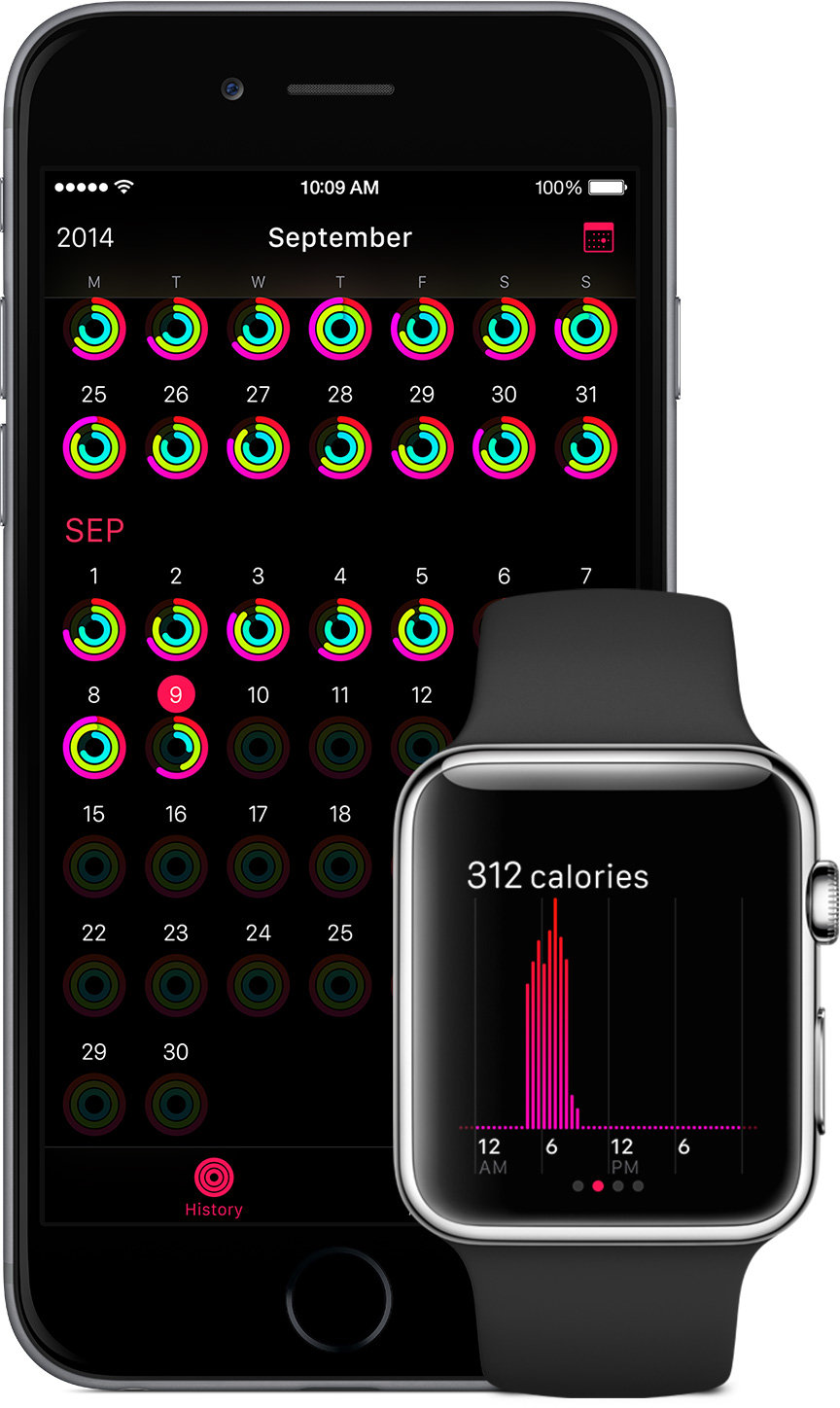



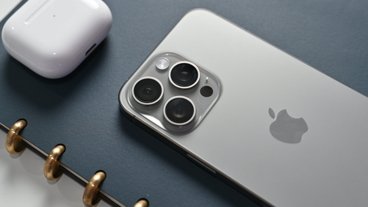
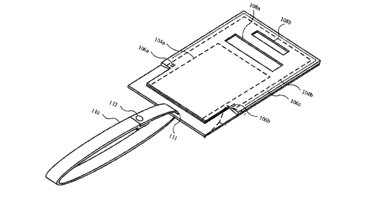






 Chip Loder
Chip Loder
 Wesley Hilliard
Wesley Hilliard
 Malcolm Owen
Malcolm Owen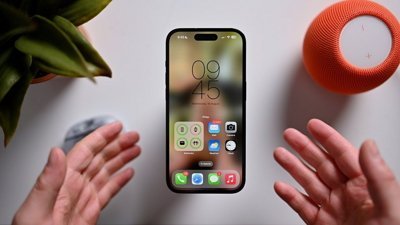
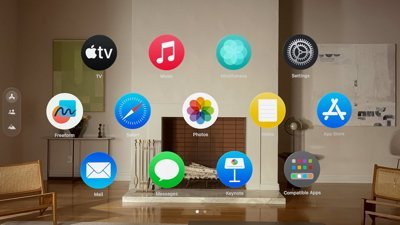

 William Gallagher
William Gallagher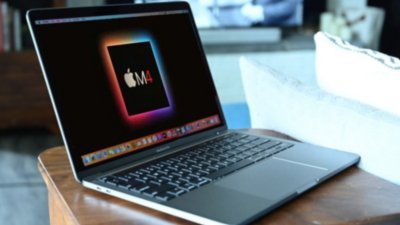
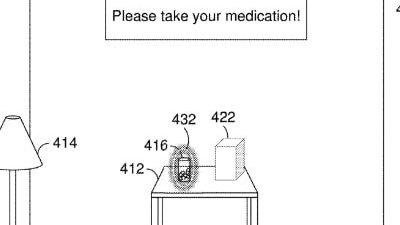
 David Schloss
David Schloss

